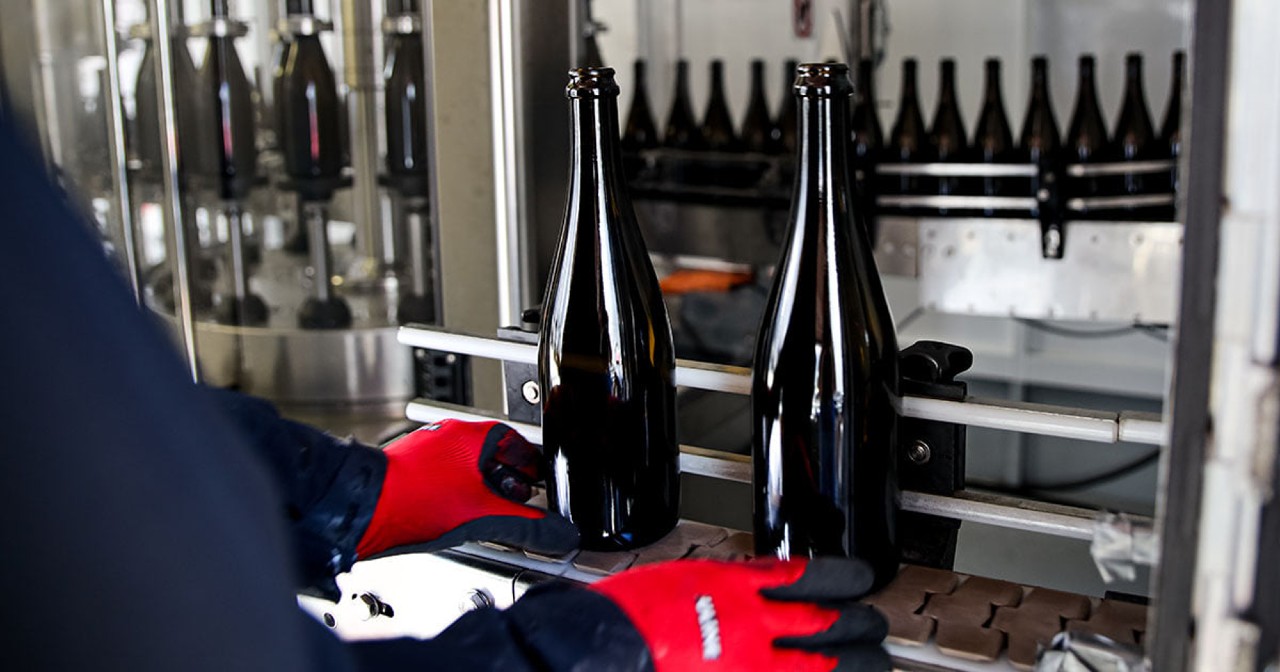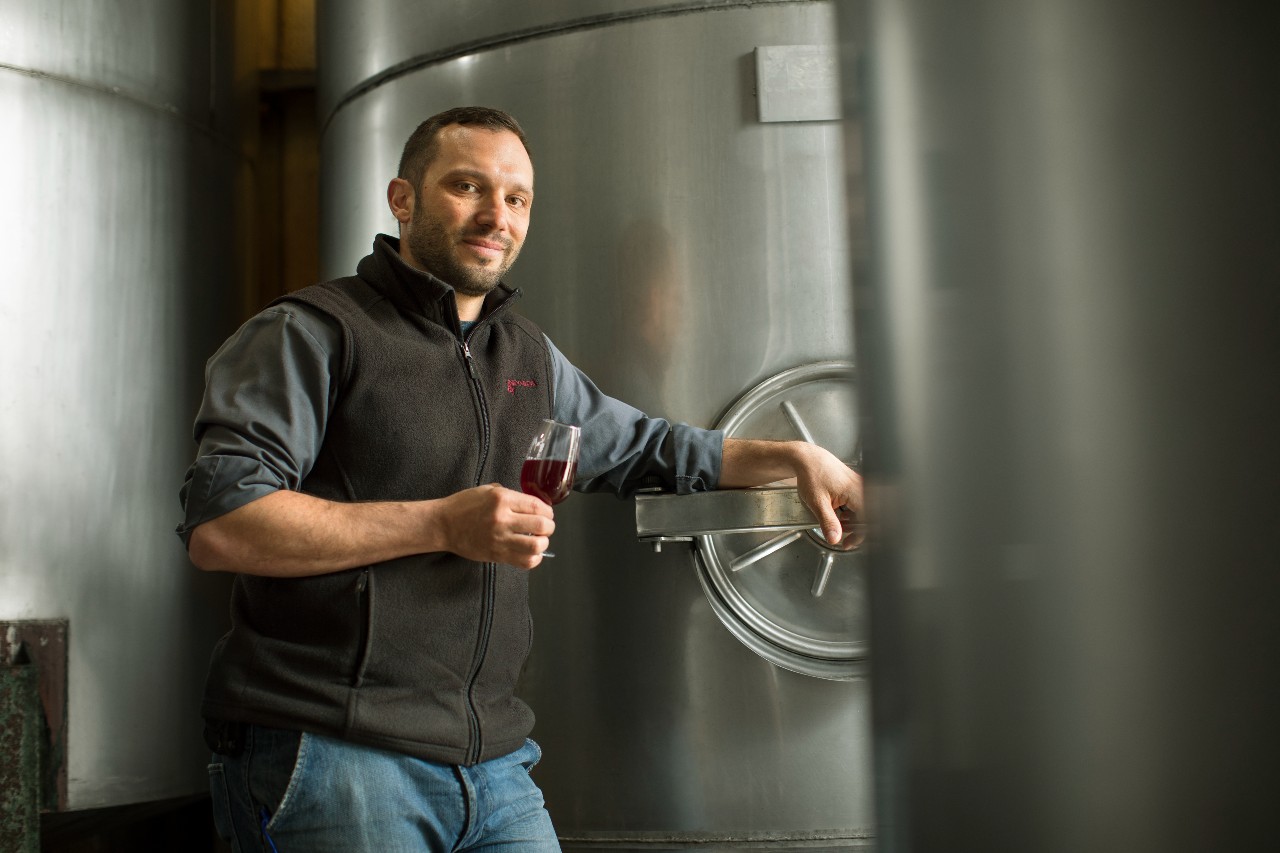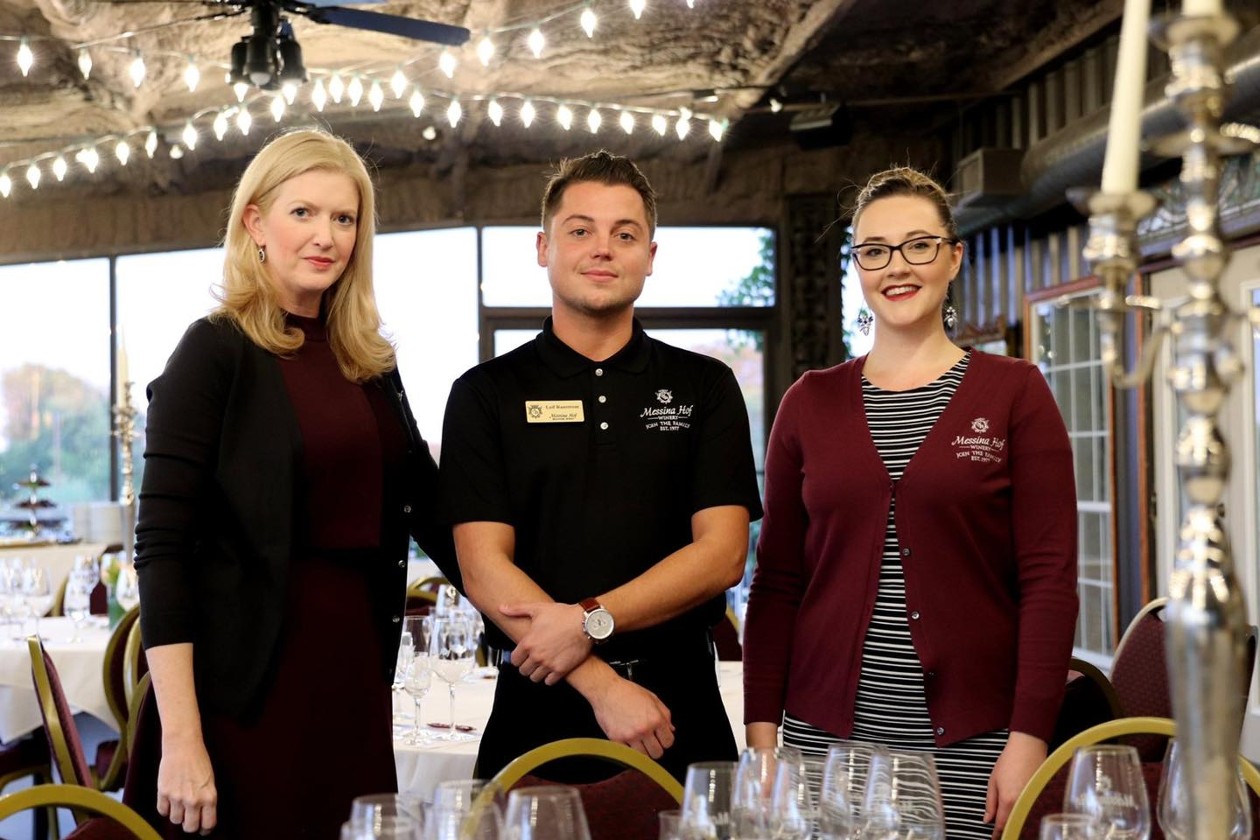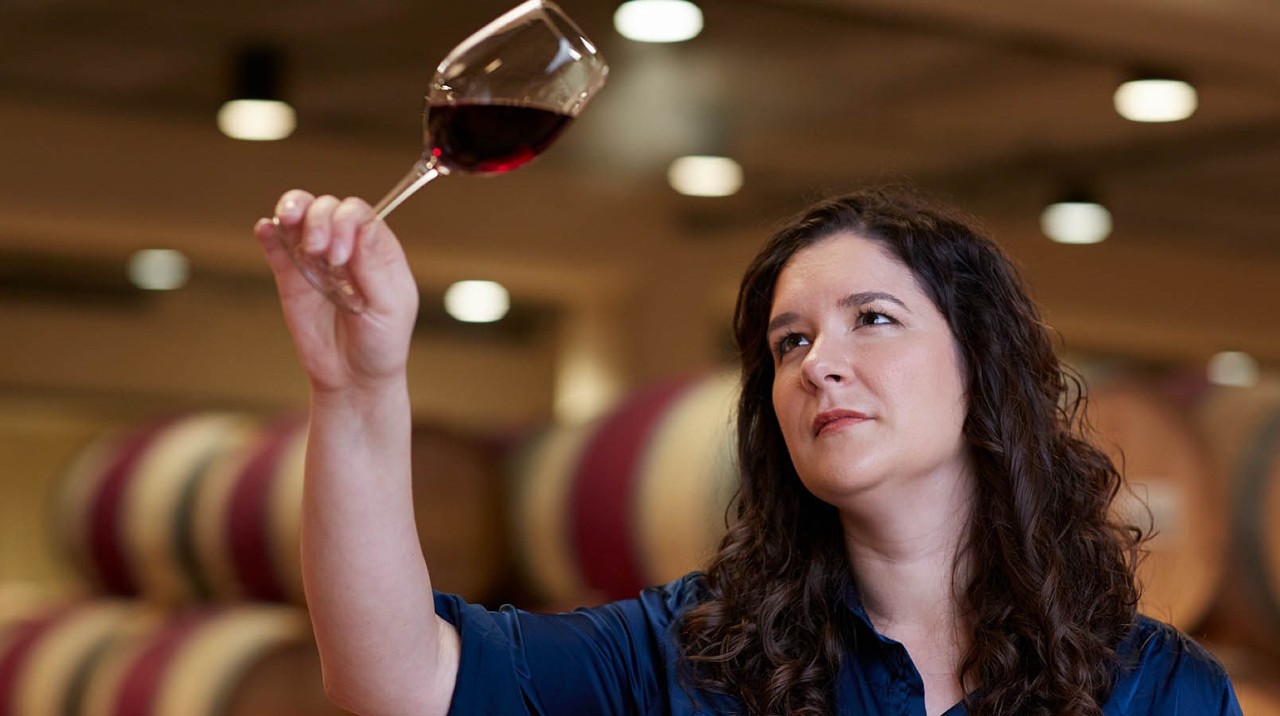Mary McAuley’s Ripe Life Wines — known for their flagship Chardonnay brand Clambake — are grown, made and bottled in Napa Valley. Her offices are in her home state of New Jersey, where the 10-year-old brand is thriving thanks to McAuley’s relationships and state laws that benefit locally owned wine brands.
“For a long time, New Jersey-based wineries have been allowed to partner with BYOB restaurants, art galleries and farms to have adjunct tasting rooms on their premises,” McAuley said. “A few years ago, the state passed a law that said out of state wineries could do it as well as long as they made under a certain amount of gallons of wine per year and had offices in New Jersey.”
The law was a shot in the arm for McAuley, who had relationships with customers and retailers. She not only could have a tasting room element for her brand, but she could also self-distribute and significantly cut down on overhead.
McAuley, who is the only full-time employee at her company, eventually plans to own her own tasting room. But this business model allows her to put her money into her grapes, her winemaker, her bottling and her storage while still having a tasting room presence in her state.
BYOB restaurants make a lot of sense for McAuley’s brand, she said.
“I could do it on a farm but that requires me to staff it and serve food with the tasting,” she said. “A restaurant is a win-win because they handle the staffing. I go in and help train, but they handle the rest. Young chefs and restaurateurs are excited to have a wine they can feature in their restaurant, and it’s important to partner with people who are going to be enthusiastic about it because they’re promoting your brand.”
New Jersey has a greater than average number of BYOB high-end restaurants due to laws that make it difficult for restaurants to get liquor licenses.
“It’s based on the number of registered voters,” she said. “There are communities on the Jersey shore with a lot of rental properties or homes that are second residences for people. These can be in areas with high end homes and acres of land, but they’re not technically densely populated so restaurants there can’t get a liquor license.”
There’s a bit of trial and error to finding the right partners, she said. But one thing that can help fortify lasting working relationships with restaurants that are willing to serve as an adjunct tasting room is being an open book about your finances.
“Some have felt like I’m making a fortune off of them, so I have become an open book,” McAuley said. “Opening your books helps people understand the expenses associated with running your business. If you’re partnering with people and you’re a fair person, you shouldn’t have anything to hide.”








Be the first to comment